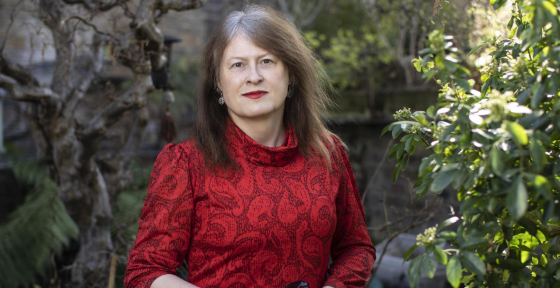The death on Christmas eve of one of Britain’s leading barristers, Edmund King QC, was an untimely passing, but his recently written witty and wise article on civil litigation – ‘How to Lose a Case’ – has perhaps become something of required reading for lawyers of all persuasions and jurisdictions.
The article published by Essex Court can be summarised briefly with some key points, but needs to be read in full by anyone handling litigation work.
Among the highlights –
Ignore the facts –
“Every single case is only ever won on the facts, even the ones that supposedly aren’t. If the facts were worse, the judges would bend the law to do justice and sleep at night.”
“That’s why, ultimately all trials are won on the facts. Each side has to be able to give the judge a credible legal argument – but they nearly always can. Then the judge has to want to see the case through a factual lens that fits that legal argument.”
Have a really big team
“Small teams beat big teams. The best team I worked on was 1/6 the size of the other side. It was more nimble, got letters out faster, was on the front foot, wrote shorter documents.
Have a team that doesn’t know its skill set
“A team of C grade lawyers that knows its strengths and weaknesses will generally beat a team of A grade lawyers that thinks they are the true heir to Cicero and Marshall Hall. They make fewer mistakes.”
Think that law is like maths
“Judgments are written as though they are solutions to a set of facts, almost like working through a simultaneous equation. I have this fact, this fact, I work it through, this is the answer. That’s not how it works. It’s more like moral philosophy.
“The judge knows where s/he wants to go in the conclusion: they know who won. When you do a simultaneous equation, you don’t get to choose your two given equations. The judge gets to choose the facts to which to apply the law, and the facts will be shaped by the conclusion s/he wants to draw (even if s/he doesn’t really know that it is).It’s also like moral philosophy in that if the conclusion is gross (‘so it’s okay to eat my children’) you go back and look at where you must have slipped up in your reasoning. Judges do the same.”
Leave it all to the judge to sort out
“The judge wants help. S/he’s busy. They have less good clerking support typically. Number their files, provide flow charts and helpful documents, update their folders for them, make sure the metal hoops close properly, that the file won’t rip their dodgy back if they pick it up because it’s had too many updates. Offer them double sided etc. Think about how to make their life easier.”
This is the wisdom of a leading Silk written with the wit and wisdom that characterised his professional work.





